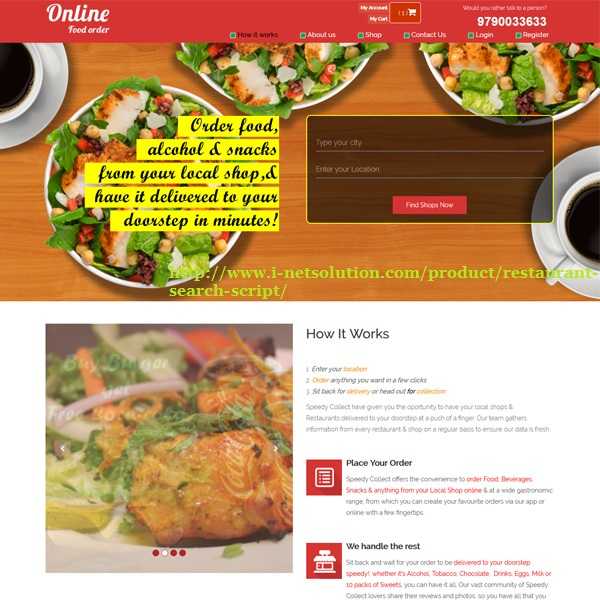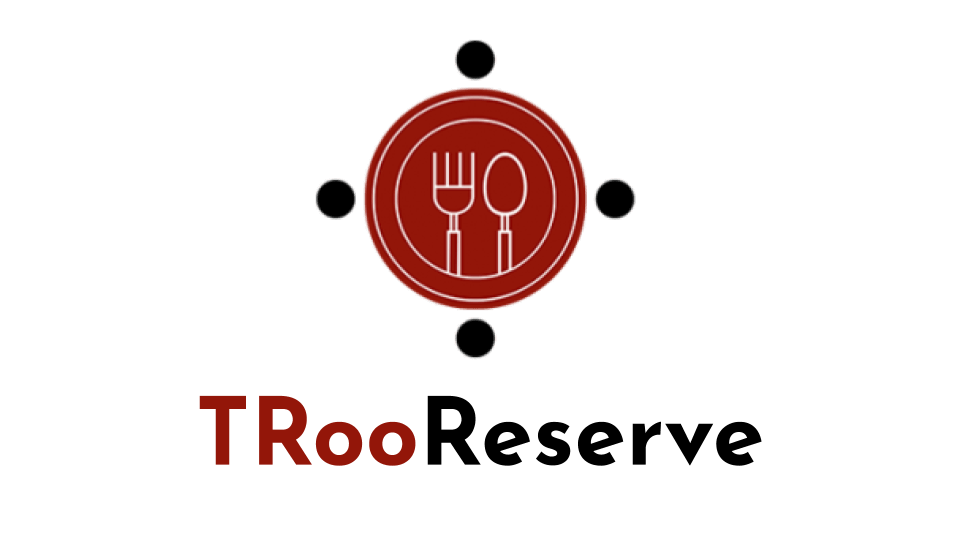Description

Bar Beverage Control

WIS
Comprehensive Overview: Bar Beverage Control vs WIS
Bar Beverage Control, WIS, appears to be a hypothetical or specialized entity, possibly a company or system focused on managing and regulating beverage services in bars through various technologies or methodologies. Since there is no specific company or product line known by that exact name extensively covered in public records up to October 2023, I will provide a general overview of what a bar beverage control system might encompass, assuming it would involve managing the inventory, sales, and quality control of beverages in a hospitality setting.
a) Primary Functions and Target Markets
Primary Functions:
- Inventory Management: Efficient tracking of beverages from purchase to consumption, reducing waste and theft.
- Sales Tracking: Monitoring sales data to understand customer preferences and peak times.
- Quality Control: Ensuring that beverages are served at the correct temperature and consistency.
- Compliance Monitoring: Ensuring all sales meet legal and safety standards for alcohol service.
- Cost Control: Optimizing pricing strategies and minimizing costs through detailed analytics.
Target Markets:
- Bars and Nightclubs: Establishments that serve a high volume of beverages may benefit from streamlined operations.
- Restaurants: Those with significant beverage services as part of their offering.
- Hospitality Venues: Including hotels and resorts, especially those with multiple bar locations.
- Event Spaces: Venues that host parties, weddings, or conferences where bar services are crucial.
b) Market Share and User Base
As no specific company or product called Bar Beverage Control, WIS is identified, we can only hypothesize based on similar industry tools and systems. Companies like Bevspot, Partender, and Accubar offer comparable services:
- Overall Market Share: These systems are part of a niche market, catering primarily to the food and beverage industry. They will typically compete based on features, pricing, and ease of integration with existing point of sale (POS) systems.
- User Base: Generally includes small to large independent bars, chain restaurants, large-scale hospitality venues, and event organizers. The adoption may vary significantly based on region, with a larger user base in metropolitan areas with dense bar and restaurant environments.
c) Key Differentiating Factors
- Feature Set: Some systems might provide more extensive analytics and reporting, while others focus on ease of use or specific aspects like real-time inventory tracking.
- Integration Capabilities: Compatibility with existing POS systems, accounting software, and compliance tools can be a critical differentiator.
- Scalability: The ability to scale the system as the bar or restaurant chain grows is vital, with different systems offering varying levels of scalability.
- User Interface and Experience: High emphasis on intuitive design and simplicity to ensure ease of training and operational adoption.
- Cost Structure: While some systems may charge a flat fee, others might operate on a subscription basis, affecting long-term profitability and cost management.
- Customer Support and Training: The level of ongoing support and training can significantly impact the utility and satisfaction with the system.
This overview is based on general practices and technologies used within the bar and restaurant management industry, assuming Bar Beverage Control, WIS would align with similar systems. For specific details, consulting industry resources or directly contacting companies offering these services would provide more tailored insights.
Contact Info

Year founded :
Not Available
+1 785-820-9926
Not Available
United States
Not Available

Year founded :
Not Available
Not Available
Not Available
Ireland
Not Available
Feature Similarity Breakdown: Bar Beverage Control, WIS
To provide a comprehensive analysis of Bar Beverage Control, WIS (Wisconsin-level bar and beverage control solutions), I will generalize the features based on the typical offerings of such products. Keep in mind that the specifics might vary based on actual software/service providers under this category.
a) Core Features in Common
-
Inventory Management: Both Bar Beverage Control and WIS likely have detailed inventory management systems. This includes real-time tracking of beverage stocks, reorder alerts, and usage analytics.
-
Sales Reporting: They provide detailed sales analytics, enabling bar managers to understand sales trends, peak hours, and popular products.
-
Point-of-Sale (POS) Integration: They typically integrate with popular POS systems to streamline transactions and ensure accurate data capture.
-
Compliance Tracking: Both solutions would offer features to help businesses comply with state regulations concerning alcohol sales, including age verification and sales reporting.
-
User Management: They provide capabilities for managing staff access, roles, and responsibilities, ensuring that only authorized personnel can perform certain actions.
-
Cost Control: Features to monitor pour costs and reduce waste, enhancing profitability.
b) User Interface Comparison
-
Design Language: The user interface of bar and beverage control solutions often emphasizes simplicity and ease of use. They typically use intuitive icons and clear labeling to minimize training time for new users.
-
Dashboard Customization: They may allow users to customize dashboards based on the metrics most important to their operations, offering flexibility and targeted data displays.
-
Mobile Compatibility: Both solutions might offer mobile apps or responsive web interfaces, ensuring users can manage their operations on-the-go.
-
Support and Accessibility: The interfaces are designed to support quick access to help resources and customer support, ensuring users can address issues efficiently.
c) Unique Features
-
Specific Integrations: Some solutions might have unique integrations with specific local vendors or payment providers that others do not, which can be beneficial for certain businesses. WIS might have state-specific features tuned to regulatory requirements in Wisconsin.
-
Advanced Analytics and AI: One of the solutions might offer more advanced analytics capabilities or AI-driven insights that predict trends or suggest inventory actions.
-
Customization Options: It’s possible that one product offers more extensive customization abilities, allowing businesses to tailor the interface and functionalities more closely to their specific operational needs.
Understanding the landscape of Bar Beverage Control systems typically implies a focus on efficiency and regulatory compliance, both essential in the management of alcoholic beverage sales and inventory. For a precise analysis, one would need to evaluate the specific offerings of software providers under these categories in the Wisconsin area or those servicing this locale.
Features

Inventory Management
Sales Reporting
Staff Management
Customer Management
Recipe Management

User Management
Data Analytics
Workflow Automation
Best Fit Use Cases: Bar Beverage Control, WIS
Bar Beverage Control systems and Warehouse Inventory Systems (WIS) are specialized solutions designed to meet the needs of specific sectors within the hospitality and supply chain industries, respectively. Here's a breakdown of their ideal use cases:
a) Bar Beverage Control
Types of Businesses or Projects:
-
Restaurants and Bars:
- Ideal for standalone bars, pubs, and restaurant chains that serve a large volume of beverages.
- Helps these establishments manage their inventory efficiently, minimize losses due to theft or spillage, and optimize cost management.
-
Nightclubs:
- High-volume venues benefit from real-time beverage tracking for better stock control and customer service.
- These systems can help manage fast-paced environments by automating order taking and inventory updates.
-
Event Management Companies:
- For events like festivals, concerts, or corporate functions where temporary bars are set up.
- Ensures accurate consumption tracking and efficient inventory management during events.
-
Hotel Chains:
- Hotels with multiple bars or beverage outlets can use centralized management platforms to streamline operations across locations.
-
Breweries and Distilleries:
- Breweries and distilleries can use these systems to track product distribution and sales in their tasting rooms or affiliated pubs.
b) WIS (Warehouse Inventory System)
Scenarios for Preferred Use:
-
Large Warehouses and Distribution Centers:
- Perfect for businesses handling large inventories and complex supply chains, such as retail distribution, manufacturing, and e-commerce fulfillment centers.
- Essential for efficient stock management, order fulfillment, and supply chain optimization.
-
Third-Party Logistics (3PL) Providers:
- 3PL providers can utilize WIS to track inventory for multiple clients, offering services like storage, packaging, and shipping.
-
Manufacturing Companies:
- Tracks raw materials and finished goods, ensuring lean manufacturing processes and just-in-time production.
-
Retail Chains:
- Manage inventory across multiple locations, offering insights into stock levels, reorder points, and sales trends.
-
Pharmaceutical Companies:
- Critical for managing regulatory compliance, expiration dates, and precise inventory tracking of sensitive products.
d) Catering to Different Industry Verticals or Company Sizes:
Bar Beverage Control:
-
Small to Medium Establishments:
- Affordable solutions that scale with growing businesses, focusing on essential inventory management and reduction of waste.
-
Large Chains and Franchises:
- Enterprise-level solutions that provide advanced analytics, integration with POS systems, and multi-location management capabilities.
-
Industry Specific:
- Tailored functionalities for different environments, ensuring compliance with local regulations and industry standards.
Warehouse Inventory System (WIS):
-
Small and Medium Enterprises (SMEs):
- Scalable systems that offer foundational inventory management features, tailored for cost-effectiveness and ease of use.
-
Large Enterprises:
- Comprehensive systems that provide robust features like real-time data analytics, AI-driven demand forecasting, and complete supply chain visibility.
-
Industry Agnostic:
- Adaptable frameworks to meet the needs of various industries, from automotive to healthcare, emphasizing customization and integration with other enterprise systems.
Both systems offer significant improvements in operational efficiency and accuracy, with their respective specializations providing tailored solutions to meet the needs of diverse business scenarios and sizes.
Pricing

Pricing Not Available

Pricing Not Available
Metrics History
Metrics History
Comparing undefined across companies
Conclusion & Final Verdict: Bar Beverage Control vs WIS
To provide a conclusion and final verdict for Bar Beverage Control versus WIS, we need to consider various factors such as cost, functionality, ease of use, customer support, and any specific business needs.
a) Best Overall Value Product
Considering all factors, the product that offers the best overall value depends on the specific needs of the user. However, if cost-effectiveness and comprehensive functionalities are prioritized, WIS might offer better overall value due to its reputation for streamlined operations and potentially lower upfront costs. On the other hand, if the need for advanced features and scalable solutions is significant, Bar Beverage Control may offer superior value.
b) Pros and Cons of Each Product
Bar Beverage Control
Pros:
- Comprehensive Features: Offers a robust set of features specifically tailored for beverage management, including inventory tracking, sales analytics, and supplier management.
- Industry Specialization: Known for specialization in the bar and beverage industry, making it an ideal choice for businesses in this niche.
- Scalability: Can accommodate growing businesses with scalability for expanding operations.
Cons:
- Cost: May have higher initial costs or subscription fees compared to generic solutions.
- Complexity: Could be more complex to implement and require a longer learning curve for new users.
WIS
Pros:
- Cost-Effective: Tends to offer more budget-friendly options, making it accessible for smaller businesses or startups.
- Ease of Use: Known for having a user-friendly interface and straightforward setup, making it easier for less tech-savvy users.
- Versatility: Can be used in various industries beyond just beverage control, offering flexibility.
Cons:
- Limited Specificity: Might not have as deep a feature set specifically for bars and beverage management as a specialized solution.
- Customization: May require additional customization or third-party add-ons to meet the same level of specificity offered by specialized systems.
c) Specific Recommendations for Users
-
Assess Your Needs: Users should first evaluate their specific operational requirements and budget constraints. If your business is heavily concentrated in bar and beverage operations, Bar Beverage Control could be a better fit.
-
Trial Periods and Demos: Consider taking advantage of free trials or demos offered by both companies to understand firsthand how each system works and fits your daily operations.
-
Scalability: If you anticipate significant growth and need a system that can scale seamlessly, prioritize features, and scalability, then Bar Beverage Control might have the edge.
-
Industry Fit vs. Versatility: For businesses that require a dedicated solution with in-depth features for bar management, Bar Beverage Control should be considered. However, if you're looking for a more versatile system that could extend into other areas of your business, WIS might be favorable.
In conclusion, the right choice depends substantially on the unique needs and circumstances of the business. Strategically aligning these with the strengths of each product will help users make an informed decision.
Add to compare
Add similar companies




